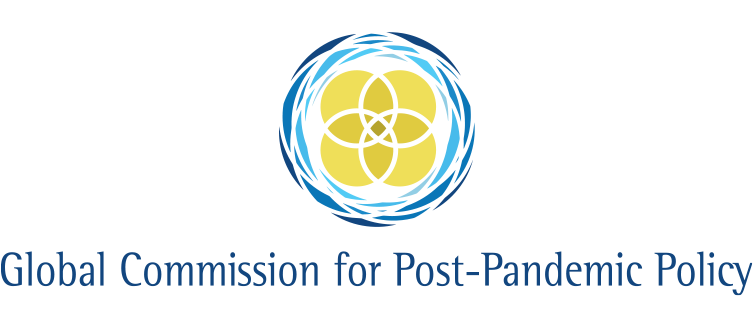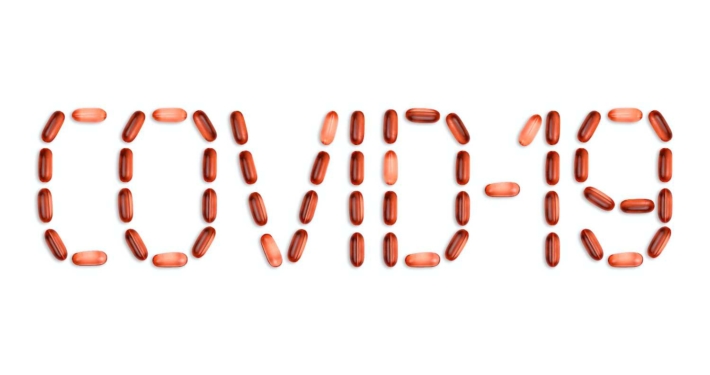The Pandemic, week to Jan 19th
Health
On January 12th, a total of 17,330 COVID-19 deaths were reported worldwide––a single day record. Three days later COVID-19’s cumulative global death toll crossed 2 million, a grim new milestone. However newly recorded COVID-19 case- rates declined globally. This was driven by a marked decline across Europe. The two exceptions were Portugal and Spain. In the United States, case numbers are declining too. Currently, Latin America is the greatest cause for concern. In almost every constituent country, cases are rising steadily.
This new spread of infection in Latin America is likely linked to the emergence in Brazil of another new novel strain of SARS-CoV-2––the virus that causes COVID-19. The strain was first identified by Japan’s National Institute of Infectious Diseases in travellers from Amazonas, a Brazilian state. The variant is characterised by 12 mutations that impact the spike proteins dotting the surface of the virus. Of these, several mutations are shared with the novel British and South African variants––both known to be more infectious than previous strains.
In India, the government has begun implementing an ambitious program to vaccinate the country’s 1.3 billion residents. On January 16th, Prime Minister Narendra Modi launched the program at 3,006 sites countrywide. In the first phase, 30 million health and other frontline workers will be vaccinated, following which 270 million citizens over the age of 50 will be vaccinated, along with those with underlying health issues that put them at higher risk. The government intends to complete these first 300 million vaccinations by August.
In the United States, the country’s vaccine supplies are straining under demand. This is a result of the federal government’s decision to widen eligibility rules for vaccination but without a commensurate increase in supply to the states responsible for administering them. The rate of vaccination continues to be painfully slow and inefficient, however. For example, according to the US Centers for Disease Control New York state has administered only 757,000 of the 1.9 million doses it has received, even as New York City struggles to resupply its stocks.
Economy
According to official GDP estimates, the Chinese economy expanded In the fourth quarter of 2020 at a rate of 6.5% compared with a year earlier, fuelled by increased exports. These figures nudge China’s GDP growth for the full-year up to 2.3%––well above expectations––and confirm the position of the world’s second-largest economy as the primary driver of global growth rates.
In Nigeria, rapidly rising inflation has placed the government in a bind. This week, the National Bureau of Statistics reported that inflation was nearing 20%––an exceptionally high level. The Nigerian economy––Africa’s largest––was hard hit by last year’s dramatic decline in oil prices in the midst of the pandemic, and its recovery remains fragile. The government now has to decide whether to try to regain control of inflation by raising interest rates and reducing public spending––at the risk of dipping the economy back into recession––or seeing inflation rise even higher.
In the United States, first-time weekly unemployment claims leapt from 784,000 to 965,000––their highest total since August, according to the US Department of Labour Statistics. This suggests the country’s economic recovery from the COVID-19 crisis continues to flag.
That message appears to have filtered through to financial markets. On Wall Street, the S&P 500 and the Dow Jones Industrial Average dropped 1.5% and 0.9% through the week, respectively, bringing to an end a Covid-defying rally.
Politics
In the city of Amsterdam in the Netherlands, riot police used water cannons, batons and police dogs to disperse a crowd of thousands protesting against the country’s COVID-19 restrictions, arresting around 100 people. Few protesters wore masks and there was little social distancing. In December the Netherlands joined much of Europe by announcing its first national lockdown after a sharp spike in infections. Restrictions have been extended to February 7th.
In response to the emergence of a novel Brazilian strain of the virus, the United Kingdom has banned arrivalsinto the country from across South America, as well as Portugal. The country, which is already combatting its own more infectious strain, in addition to South Africa’s strain, remains the centre of gravity for the COVID-19 pandemic in Europe, but also the centre of gravity for vaccinations. By January 17th 6.7% of the UK population had been vaccinated, compared with 2.0% in Italy and 1.4% in Germany.
In the United States, president-elect Joe Biden announced a proposal for a $1.9 trillion spending package, designed to stimulate the economy and beat back the virus. The package includes over $400 billion in health measures, including money to accelerate vaccine distribution and to safely reopen schools, preferably within 100 days. Another $350 billion would be allocated to state and local governments to help bridge budget shortfalls. Finally, the plan also commits to $1,400 direct payments to individuals, an expansion of unemployment benefits and large subsidies toward child care costs.
Photo by Edwin Hooper on Unsplash
GCPPP Newsletter
We now publish a weekly newsletter to inform friends and supporters of the Global Commission’s progress and to provide updates when new content is published. Please sign up here:


 Volodymyr Hryshchenko, Unsplash
Volodymyr Hryshchenko, Unsplash
 Adam Nieścioruk, Unsplash
Adam Nieścioruk, Unsplash
 visuals, Unsplash
visuals, Unsplash


